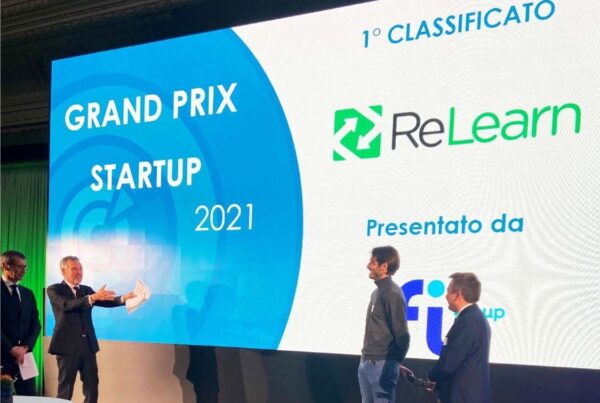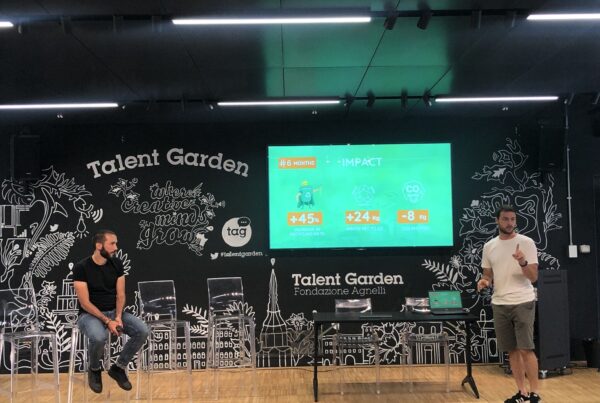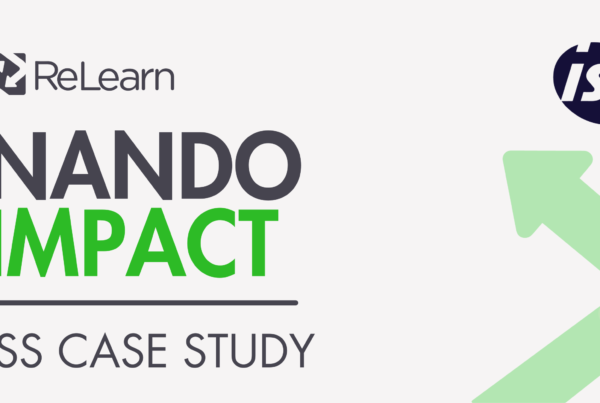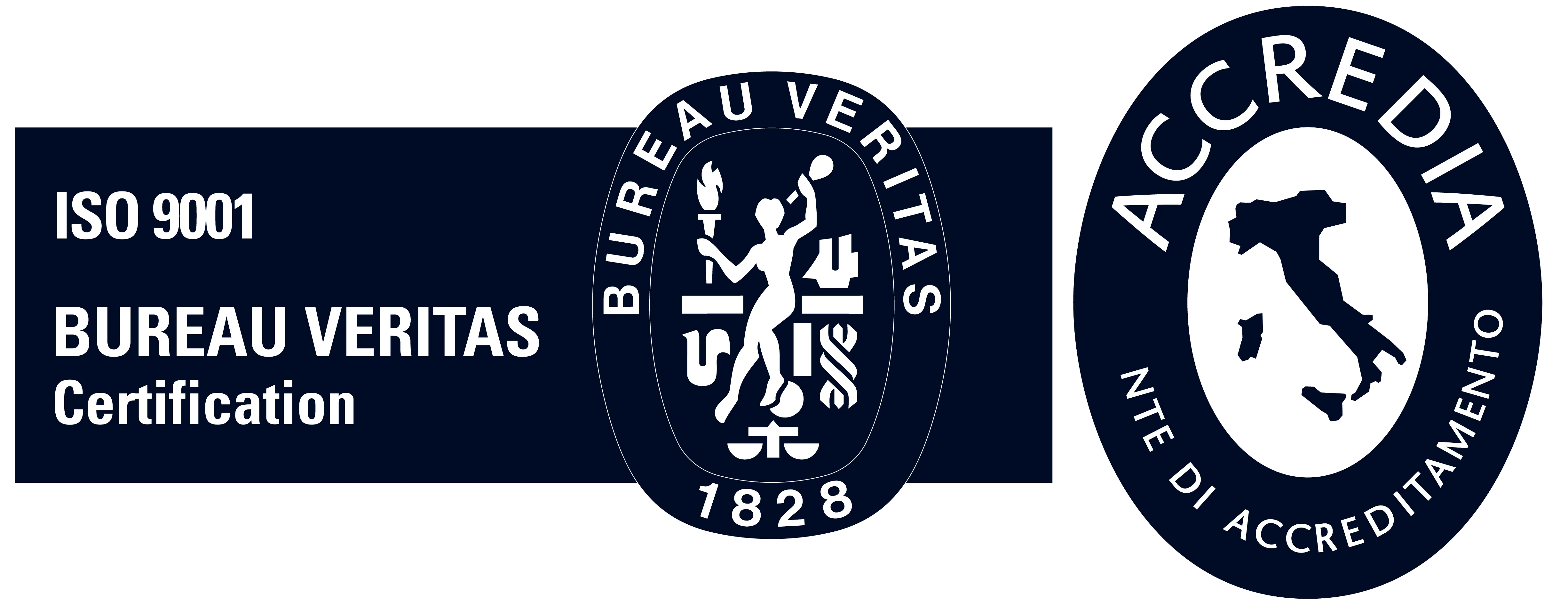L’impatto di NANDO: il caso Edison – Optimizing Waste Management with Artificial Intelligence
Managing waste in corporate offices is a significant challenge for many large enterprises. Ensuring effective waste segregation goes beyond proper disposal: it requires monitoring waste flows, reducing inefficiencies, and raising employee awareness about sustainable practices.
Edison, a leader in the energy sector, tackled this challenge by adopting NANDO, an AI-powered solution for smart waste management. The result was a complete transformation of waste segregation practices and employee engagement at their Rivoli site.
The Challenge: Common Issues in Corporate Waste Management
Waste management in office and corporate facilities presents recurring challenges:
-
Ineffective bin monitoring: Without real-time data, cleaning teams cannot know which bins are full or empty, leading to unnecessary collections or delays.
-
High contamination rates: Improperly separated waste reduces recycling quality and increases waste disposal costs.
-
Low employee engagement: Without engagement tools, sustainable practices remain sporadic and difficult to maintain.
-
Inefficient collection routes: Lack of visibility over waste streams leads to suboptimal planning of collection rounds, affecting time, costs, and resources.
Like many corporate environments, Edison faced these challenges and chose to turn them into opportunities for continuous improvement. By implementing NANDO, the company optimized waste monitoring, improved recycling quality, and actively engaged employees in a culture of sustainability.
The Solution: NANDO for Monitoring and Engagement
Thanks to NANDO, Edison implemented an integrated approach combining advanced technology with employee engagement:
Smart Monitoring
-
NANDO.Eye tracks bin fill levels in real time across all offices.
-
Only bins that are truly full are emptied, reducing unnecessary collections and waste.
-
Data allows rapid identification of critical areas and optimization of waste management flows.
Employee Engagement
-
The Circular Challenge, a gamified corporate initiative, promoted correct waste separation and reduced contamination.
-
Transparent results motivated employees to dispose of waste correctly, integrating sustainability into daily routines.
This combination transformed waste management from a simple operational process into a strategic, efficiency-driven, and sustainable practice.
Measurable Results: +92% Recycling and +82% Quality of Segregation
Within a few months, Edison achieved tangible results:
-
+92% of waste correctly diverted to recycling, significantly reducing material sent to landfills or incineration.
-
+82% quality of waste segregation, ensuring a higher percentage of recyclable materials were properly separated.
-
Employee engagement: active participation fostered a culture of sustainability within the Rivoli site.
These results demonstrate how adopting AI technologies for waste monitoring can generate concrete operational, environmental, and cultural benefits.
Setting New Sustainability Standards
The Edison case shows that integrating NANDO into corporate processes:
-
Improves the quality of waste segregation in offices.
-
Reduces waste and operational inefficiencies.
-
Actively involves employees in sustainable practices.
-
Provides actionable data for targeted and replicable interventions.
Thanks to NANDO, Edison transformed internal waste management into a strategic, measurable process, proving that in corporate environments, every action counts toward a more sustainable future.
When innovation meets participation, waste management becomes a shared achievement.
Visit our LinkedIn Page to stay updated: linkedin.com/company/re-learn
Or Book a Call with us: Contact us





